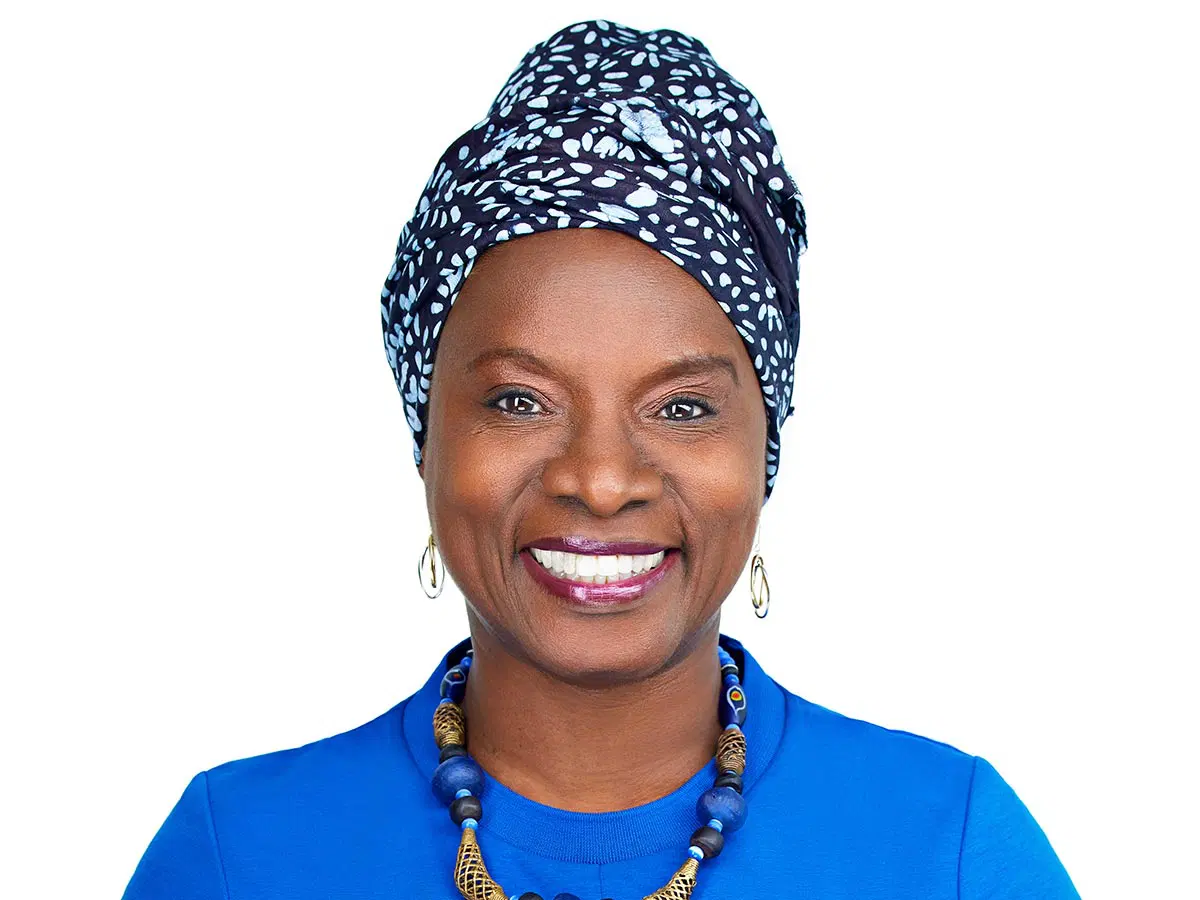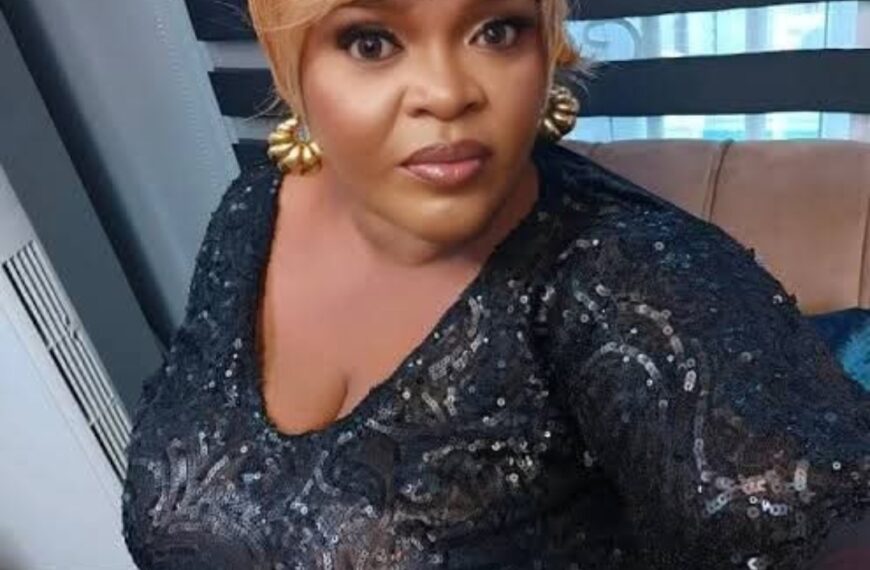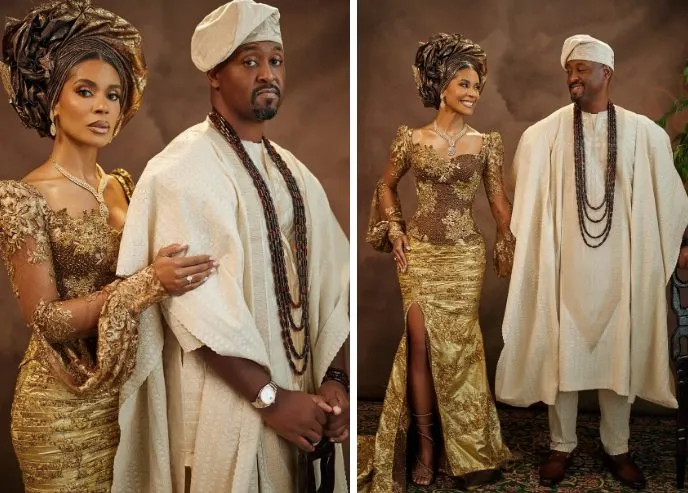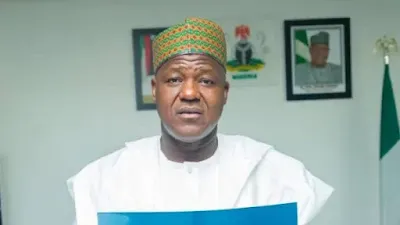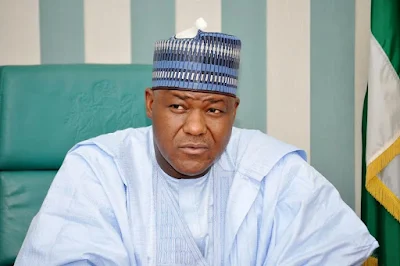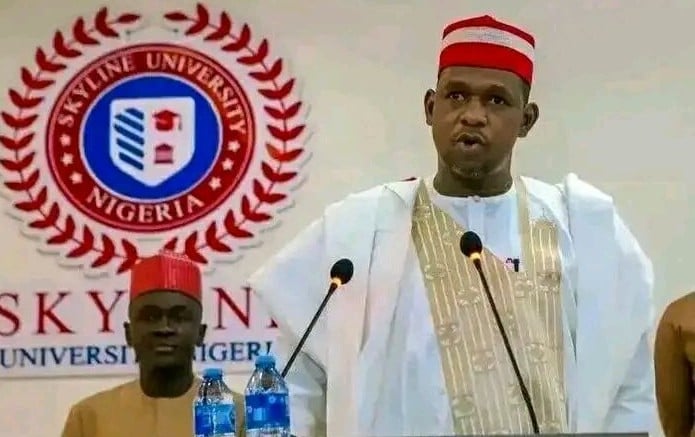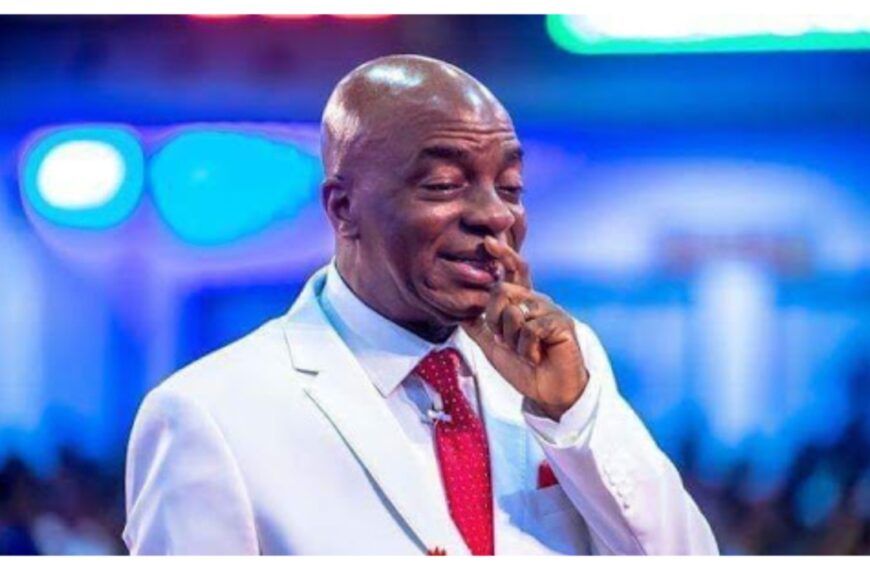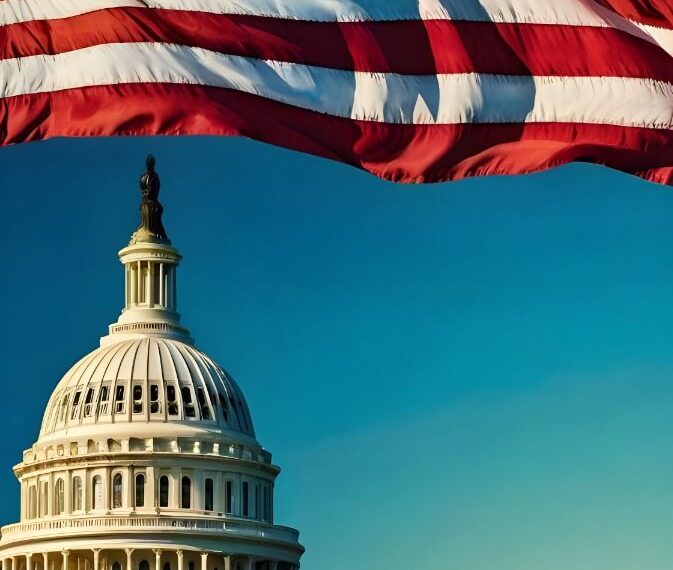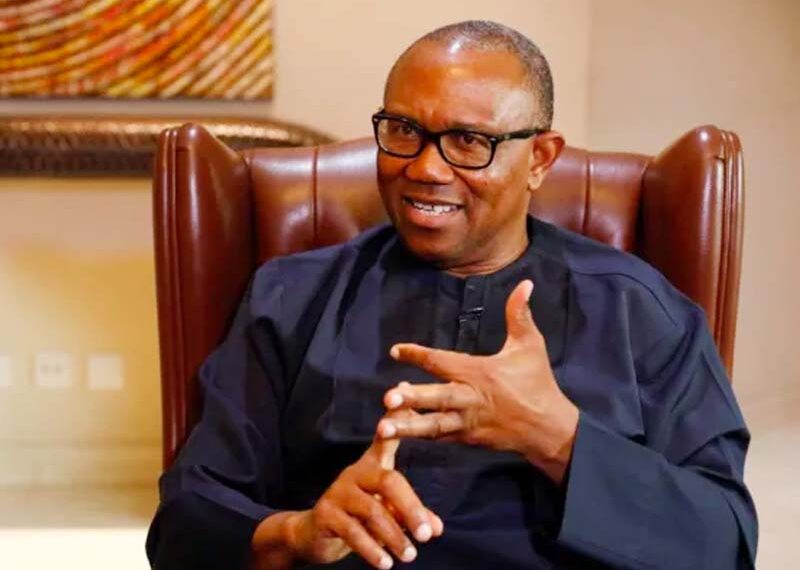Why I Don’t Write Songs for Political Parties — Angélique Kidjo
Renowned Beninese singer‑songwriter Angélique Kidjo has been forthright about one of her guiding principles: she chooses not to write songs for political parties. In her view, musicians risk their voice, independence and relevance if they tie their creative output to any single party or political regime.
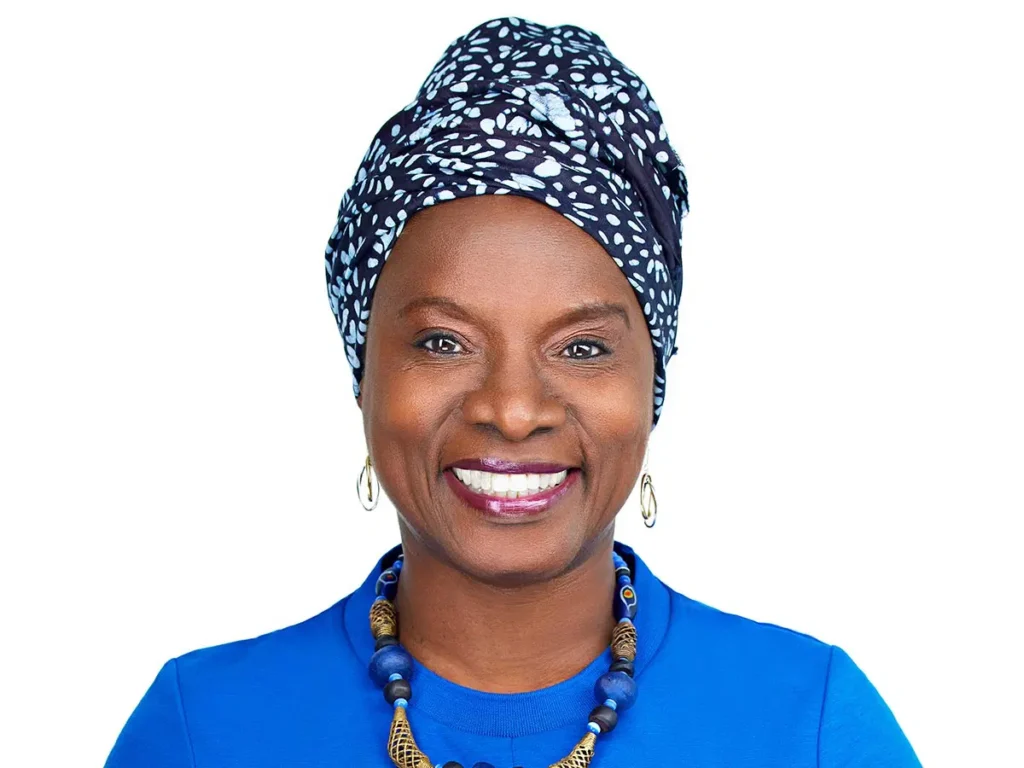
The Roots of the Judgment
Kidjo often cites her father’s advice as the foundation of this stance. He told her early on:
“Do not write music for any political party, because they come and go, and once they’re gone, you go with it.”
This admonition took on concrete meaning for Kidjo, who grew up under a dictatorship in Benin. She recounts that the regime sought to commandeer artists, forcing them to produce propaganda songs extolling revolution or a particular political line. She refused. She said:
“I can’t sing for a political party … If I sing that, I will side with you in the horror and the violence you are inflicting.”
Her refusal to support the regime, she says, influenced her decision to leave the country. She wanted freedom—to speak truth, to make music that wasn’t tethered to a transient power.
Why She Believes Musicians Should Stay Independent
Kidjo’s reasoning can be grouped into a few key points:
- Temporary nature of power: Political parties and regimes, she observes, are impermanent. If a musician becomes the voice of a party, once power shifts, the artist often becomes irrelevant or even a target.
- Voice of the people vs. voice of power: She emphasises that an artist’s role should be to represent the people—their stories, hopes, struggles—rather than to echo those in authority. When you become aligned with power, you lose the capacity to critique, to question, to provoke.
- Freedom of expression: Kidjo teaches that freedom isn’t a passive state—it is a responsibility. By resisting being co‑opted by any party, a musician preserves the right to speak up, to resist, to hold power to account.
- Creative integrity and longevity: Writing songs for a political entity may bring short‑term gain, but in the long term, the musical legacy might suffer. If your songs are anchored in a narrow political moment, they may not translate beyond that moment.
What This Means for Her Work and for Other Artists
For Angélique Kidjo, this philosophy has shaped her career: she addresses broader themes—identity, diaspora, ecology, human rights. She collaborates widely, crosses genres, and retains a global positioning rather than a party line.
For other artists, her statement is a caution: being paid to sing for a political party might seem appealing, but it risks reducing one’s art to a campaign tool, rather than a lasting cultural contribution. In her words, you may gain access—but you may lose your audience when the power structure changes.
Broader Significance
- In many parts of Africa (and beyond), musicians are often enlisted by political actors for rallies, campaigns and state‑endorsed events. Kidjo’s stance queries whether such alignments erode the very role that makes music powerful—its ability to challenge, to uplift, to give voice to the marginalized.
- Her position also invites reflection on what “being political” means for an artist. She isn’t saying artists should be apolitical; far from it. She is saying: do not be partisan. Art can still address injustice, can still motivate, can still support transformation—but without being beholden to a single party.
- Her emphasis on freedom, independence and voice connects with broader debates about culture, power and democracy. When culture is commandeered for political ends, the space for dissent, for multiple voices, for creativity shrinks.
Conclusion
Angélique Kidjo’s refusal to write songs for political parties is more than a personal policy—it is a statement about the power of art, the danger of co‑optation, and the value of maintaining creative independence. In a world where power often seeks to harness culture, her voice reminds us that artists can and should preserve their autonomy—and in doing so, remain authentic, relevant and enduring.

